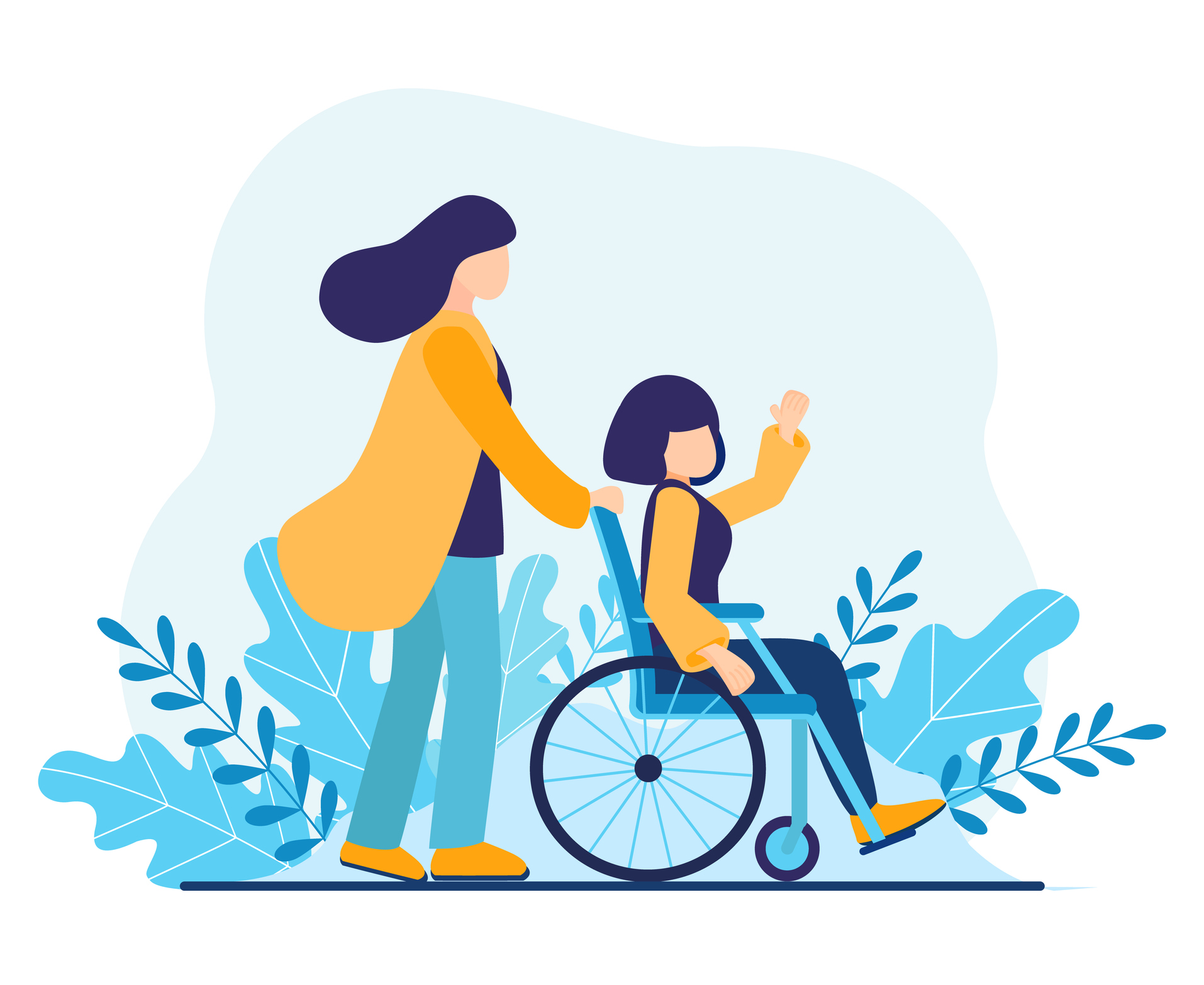
Sisters of Frida have released a report highlighting the challenges faced by disabled women during the pandemic.
The full report and details of recommendations can be accessed here.
All minority group need to be considered and specific adjustments made. This will ensure services are accessible throughout this time.
What are the immediate concerns of disabled women during the pandemic?
Access to Food
Queues at the supermarket, a lack of support with shopping from local authorities and a sharp increase in demand for online shopping, with no priority access for at risk groups, has resulted in struggles accessing food.
Access to Health and Medical Services.
Disabled women are likely to receive care, which has now been withdrawn, whilst their caring responsibilities have increased. They are spending more time caring for relatives, children and home schooling.
Disabled women spoke about their fears over NHS treatment being rationed, and their lives not being prioritised should they become infected with Covid-19.
Access to Digital Services
Services are moving to online delivery, but it is important to remember that not everyone has internet access, and this disproportionately impacts disabled adults. This digital divide is preventing many disabled women from accessing alternative services and volunteer networks.
Challenges Accessing and Delivering Care for Disabled Mothers
Disabled women who were not living with their children but were allowed contact, have had contact removed due to lockdown measures.
For disabled women supporting children with disabilities, they have had both their own and their children’s support withdrawn because of social distancing measures and finding themselves providing round the clock care.
Domestic Violence and Access to Support
Disabled women are between three and four times more likely to experience domestic abuse than non-disabled women.
This is increasing during the pandemic as disabled women’s access to services reduces. For example, women with learning difficulties may no longer have the one to one access to their advocates as before and might not be able to communicate as a result.
What are the recommendations to support disabled women during this time?
- Information on how to access support during the pandemic should be available locally as well as online.
- There needs to be recognition that disabled women are a diverse group, many of whom will be negotiating care and employment roles during this time alongside managing their own health needs.
- The government and local councils need to work with supermarkets to prioritise disabled people’s needs for groceries.
- Critical care guidance being used by the NHS to decide who to treat and how to apply Do Not Resuscitate Orders, should be published. This will ensure that disabled people can be reassured that their right to life under Article 2 of the Human Rights Act will be protected, should they become critically ill.
- Prioritise disabled parents for local authority social care support
- The government should carry out Equality Impact Assessments on all its COVID-19 policies
There have been positive impacts….
Travel has reduced and access to information digitally has increased resulting in some disabled people feeling more included in society than before.
Museums, theatre performances and courses that are usually geographically fixed are suddenly available to us all, with reduced associated logistical and cost barriers.
The post Covid society should ensure this inclusivity remains as we enter the ‘new normal’.
The pandemic has had a substantial impact on minority groups.
It is important that adjustments are implemented, and the needs of minority groups are explored.
It is vital that consideration is given to how identities such as ethnicity, gender and disability intersect to ensure services are accessible throughout this time.
Contact us.
The Ann Craft Trust continue to work remotely throughout the Covid-19 pandemic. Please contact us if you need advice or have any concerns.
